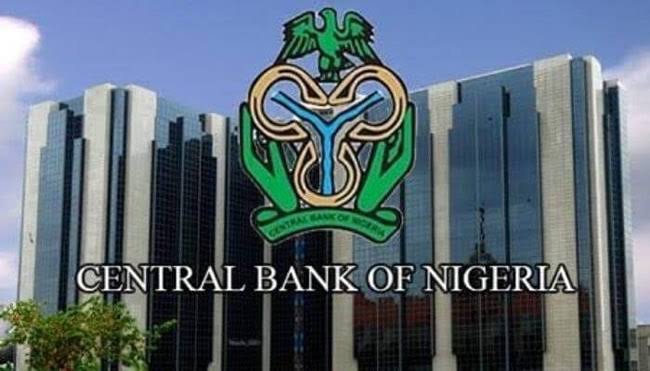The Central Bank of Nigeria (CBN) has warned against the use of foreign currencies in the domestic economy as a means of payment for goods and services by individuals and corporate organisations.
The apex bank drew the attention of the general public to the provisions of the CBN Act, 2007, which stipulates, among others, the use of local currency as a legal tender in Nigeria and the consequences for its violation, which include a fine or six-month prison term.
A statement signed by the CBN director of Corporate Communications, a copy of which was sighted by this newspaper on Sunday, said the attention of the Bank has been drawn to the increasing use of foreign currencies in the domestic economy as a medium of payment for goods and services by individuals and corporates, advising members of the public to report any contravention of the provision of the CBN Act to the Economic and Financial Crimes Commission (EFCC) and the CBN for appropriate action against defaulters.
READ ALSO:
Senate summons CBN Gov Cardoso, over free fall of Naira
“It has also been observed that some institutions price their goods and services in foreign currencies and demand payments in foreign currencies rather than the domestic currency (the Naira), which is the legal tender in Nigeria.
“For the avoidance of doubt, the attention of the general public is hereby drawn to the provisions of the CBN Act of 2007, which states inter-alia that “the currency notes issued by the Bank shall be legal tender in Nigeria…for the payment of any amount”.
“Furthermore, the Act stipulates that any person(s) who contravenes this provision is guilty of an offence and shall be liable on conviction to a prescribed fine or six months imprisonment.
“This prohibition, however, is without prejudice to foreigners, visitors and tourists who are encouraged to continue to use their cards for payments or exchange their foreign currency for local currency at any of the authorized dealers’ ooutposts.
“The general public is hereby advised to report any contravention of the provision of this Act to the Economic and Financial Crimes Commission (EFCC) and the Central Bank of Nigeria (CBN) for appropriate action,” it stated.






















 You can install this WP plugin on your website from the WordPress official website:
You can install this WP plugin on your website from the WordPress official website: 